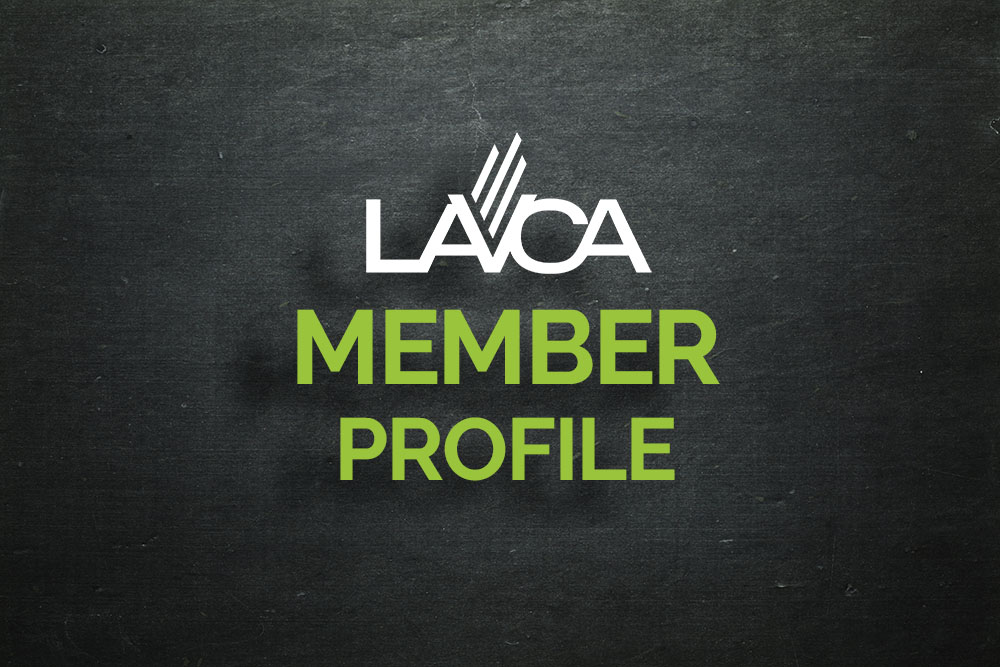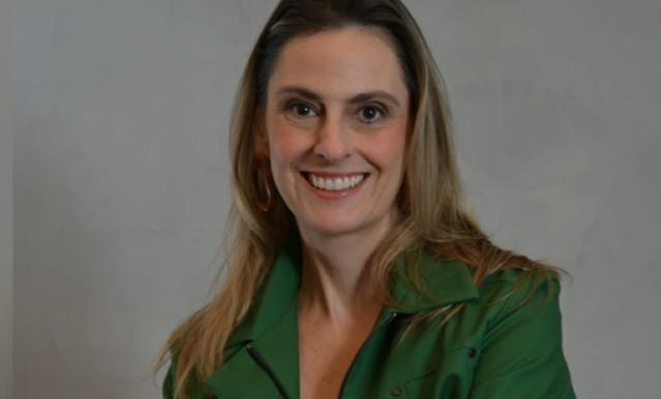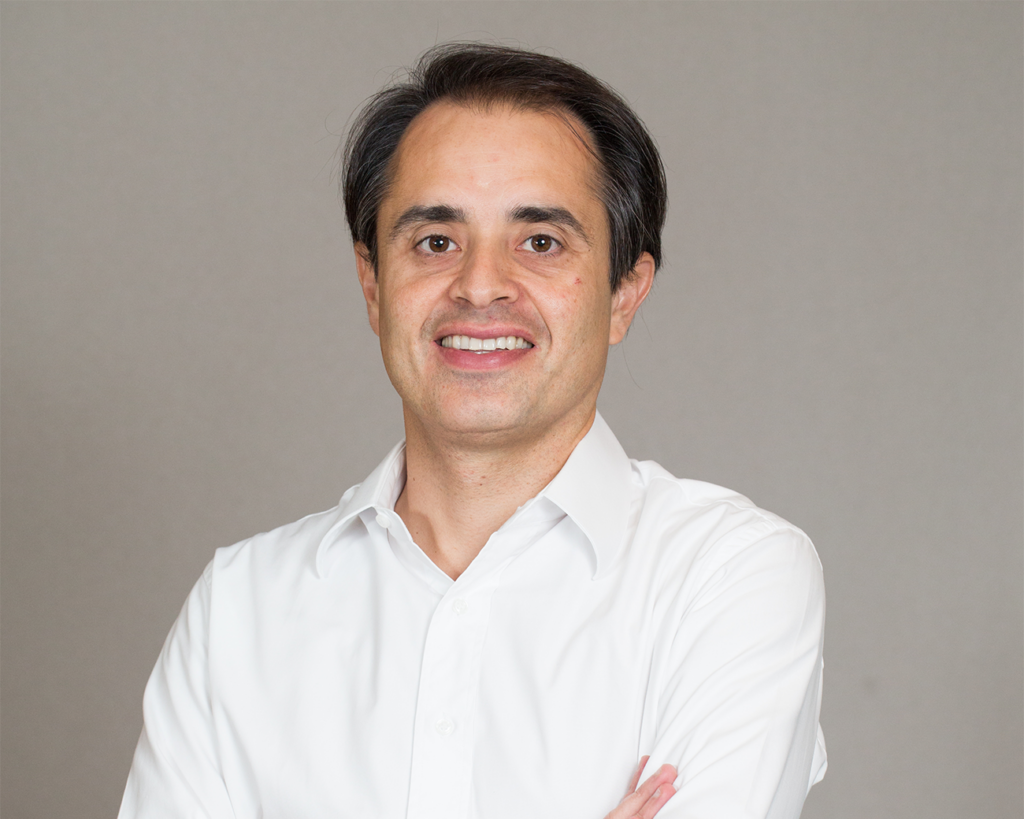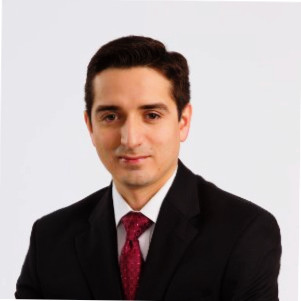Member Profiles
Marc de Saint Phalle, Managing Director, Director of Private Equity, Bessemer Trust
24 September 2015

LAVCA caught up with Marc de Saint Phalle, Managing Director and Director of Private Equity at multifamily office Bessemer Trust, ahead of his participation on the Institutional Investor Perspectives panel at the LAVCA Summit & Investor Roundtable next week, to learn more about their allocations to Latin America PE and how they go about building relationships with fund managers.
LAVCA: Please provide some background on Bessemer Trust.
de Saint Phalle: In 1907, Henry Phipps formed Bessemer Trust as his family office to manage the proceeds from the sale of Carnegie Steel, which he co-founded with Andrew Carnegie. Today, Bessemer Trust continues to be a privately owned and independent, multifamily office that has served individuals and families of substantial wealth for more than 100 years. Through comprehensive investment management, wealth planning, and family office services, we help clients achieve peace of mind for generations. We customize our clients’ asset allocation to reflect their specific goals. Our investment approach is flexible and highly disciplined, taking advantage of our research insights, as we seek attractive long-term returns for clients. Using a mix of internal and external managers, we build multi-asset class, diversified portfolios designed to participate in strong markets, while offering protection in down markets. The firm has 19 office locations globally, and oversees more than $100 billion in assets.
LAVCA: What is your background?
de Saint Phalle: Prior to joining Bessemer Trust 16 years ago, I spent 10 years in investment banking. For five of those years, I worked with Latin American financial institutions at Merrill Lynch and, before that, I was engaged in M&A, corporate finance, and project finance work at Morgan Stanley and First Boston. I received my M.B.A. from Columbia Business School, with concentrations in Finance and International Business, and an A.B. from Duke University, where I majored in Political Science and Comparative Area Studies.
LAVCA: Tell me about the Bessemer Private Equity Team and your offering.
de Saint Phalle: Headquartered in New York City, Bessemer’s Private Equity and Real Assets Team consists of nine investment professionals, including me. Each professional has a generalist background, but he or she is responsible for different geographies, sectors, and strategies. Our private equity and real asset portfolios are proprietary, commingled funds that provide exposure to investment opportunities throughout the world in venture capital and private equity, as well as in real estate and other private real assets. Overall, we seek to invest in compelling opportunities around the world by adhering to a disciplined investment process that emphasizes research, collaboration, and long-term perspective.
LAVCA: How does Bessemer go about evaluating investment opportunities, specifically in Latin America?
de Saint Phalle: We are global opportunistic investors. Our investment platform spans from New York to London, and our investment research stretches across borders to capture compelling opportunities around the world. My colleague Adam Ritter leads our private equity efforts in Latin America, in addition to other responsibilities. He has been establishing and maintaining relationships in the region over the past decade. My colleagues Meg Waters and Anthony Liparidis have also been very active in real estate in Latin America, particularly in Brazil.
When making investments in private equity outside the U.S., we generally take a three-pronged approach. First, we gain exposure through global managers. Second, we get more concentrated regional exposure through pan-regional funds. Lastly, we get even greater geographic concentration through in-country managers. Whenever we consider a region or country for investment, we engage in an extensive market-mapping process, which includes in-depth research on such factors as the current and projected macroeconomic picture, fundamental drivers for growth, key demographics, rule of law, leading industries and companies, the environment for private investments, the depth of local capital markets, and potential investment opportunities. We build a case for investing within a region and then we start meeting with local managers, comparing them against specific opportunities. We spend considerable time getting to know all the relevant players, and then travel there, sometimes many times, to get to know the market, the investment opportunities, and our potential partners even better before we start making investments directly into a region.
LAVCA: Roughly what percentage of your portfolio do you allocate to emerging markets private equity? To Latin America specifically? Will this change going forward? Why or why not?
de Saint Phalle: We have meaningfully increased our exposure to emerging markets in our more recent private equity funds of funds. We are currently committing our thirteenth private equity fund of funds, which closed in December 2014. We plan to allocate approximately 25% of the fund’s capital to emerging markets, including commitments to China, India, and potentially Latin America. We believe this allocation level will help us access growth opportunities in emerging markets without being overextended from a risk perspective.
LAVCA: What geographies or countries are of particular interest to you right now and why? What challenges and opportunities do you see in Latin America specifically, given the current market environment?
de Saint Phalle: In terms of emerging markets, we believe the early-stage venture capital opportunity in India and China is more compelling than later-stage opportunities in those regions right now due to several factors, including smart phone penetration and demographic trends. In addition, private market valuation trends certainly follow those of public markets. We think that when emerging market stock performance is down significantly, as it is now, it can provide an opportunity for private equity investors. In our view, that may be the best time to invest because that’s when the relative valuations are going to be more attractive, which is what we believe is happening across Latin America. If capital is scarce and you’re willing to invest there, you may have an opportunity to get more for your money. In Latin America, we will continue to pursue the themes of internal consumption and the rise of the middle class. There remain significant opportunities in technology, healthcare, and the consumer sectors across the region.
One of the biggest challenges right now for U.S. LPs investing in Latin America is the negative impact of foreign currency fluctuations. Given the complications and expense of hedging strategies, most investors like us do not use hedges, but will require a premium return to make up for depreciating local currencies. Despite the strong performance of many managers in Latin America over the past few years, it has been difficult for them to keep up with global peers when measured in U.S. dollar terms.
LAVCA: How do you view working with regional fund managers as compared to country-specific managers?
de Saint Phalle: We believe that they are both necessary if you want to cover a region well, and we tend to look at country-specific funds in countries with large markets. We believe regional fund managers play a key role in finding opportunities in smaller markets. In terms of Latin America, we have a dedicated private equity manager in Brazil and are currently considering adding a regional manager to our program focused on the Andean countries, with some potential overlap in Brazil and/or Mexico. We also have exposure to real estate in Latin America through three managers in Brazil, as well as through global managers who will invest in the region.
LAVCA: What would be a typical commitment size that you’d make to a fund?
de Saint Phalle: We tend to grow our commitments over time with successful managers. Our typical bite size for new relationships is between US$10m and US$15m and our commitments to existing relationships range between $15 million and $30 million.
LAVCA: How do you go about finding and selecting the best fund managers? Will you invest in a first-time fund?
de Saint Phalle: We spend a considerable amount of time market-mapping relevant target firms based on sector expertise and geographical regions. We do not tend to invest in first-time funds or managers, although we have made exceptions. These exceptions are usually made for key investment professionals spinning out of other private equity or venture capital firms that we have known for a long time. They typically have very strong, attributable track records and networks with deep industry and/or geographical expertise. For managers who are new to the industry, but may have compelling backgrounds in related fields, we may start to develop a relationship early and track them over one or two fund cycles before committing capital to them on behalf of our clients.
LAVCA: What is your advice to fund managers interested in approaching Bessemer Trust as an investor?
de Saint Phalle: I would strongly encourage managers to contact us to develop a relationship, whether they have a long-term track record or not. We are always interested in funding highly experienced, proven managers with successful track records and developing relationships with less experienced managers for the longer term. Having been in business for more than 100 years, we are patient investors and may build relationships with managers over a long period of time before investing until they become more proven or their particular strategies become more compelling and additive to our existing programs.
You may be interested in...
-

Luciana Antonini Ribeiro, eB Capital
Executive: Luciana Antonini Ribeiro, Co-Founder and CIO Member Name: eB Capital Year...
-

Cristiano Gioia Lauretti, Kinea Private Equity
Member: Kinea Executive: Cristiano Gioia Lauretti, Head of Private Equity HQ: São...
-

Maria Pia Iannariello, MGM Innova Capital
LAVCA recently spoke with Maria Pia Iannariello, Co-Founder & COO of MGM Innova Capital,...
-

Rafael Ramirez, Portfolio Manager, Alaska Permanent Fund Corporation
LAVCA recently spoke with Rafael Ramirez, Portfolio Manager– Private Equity &...
